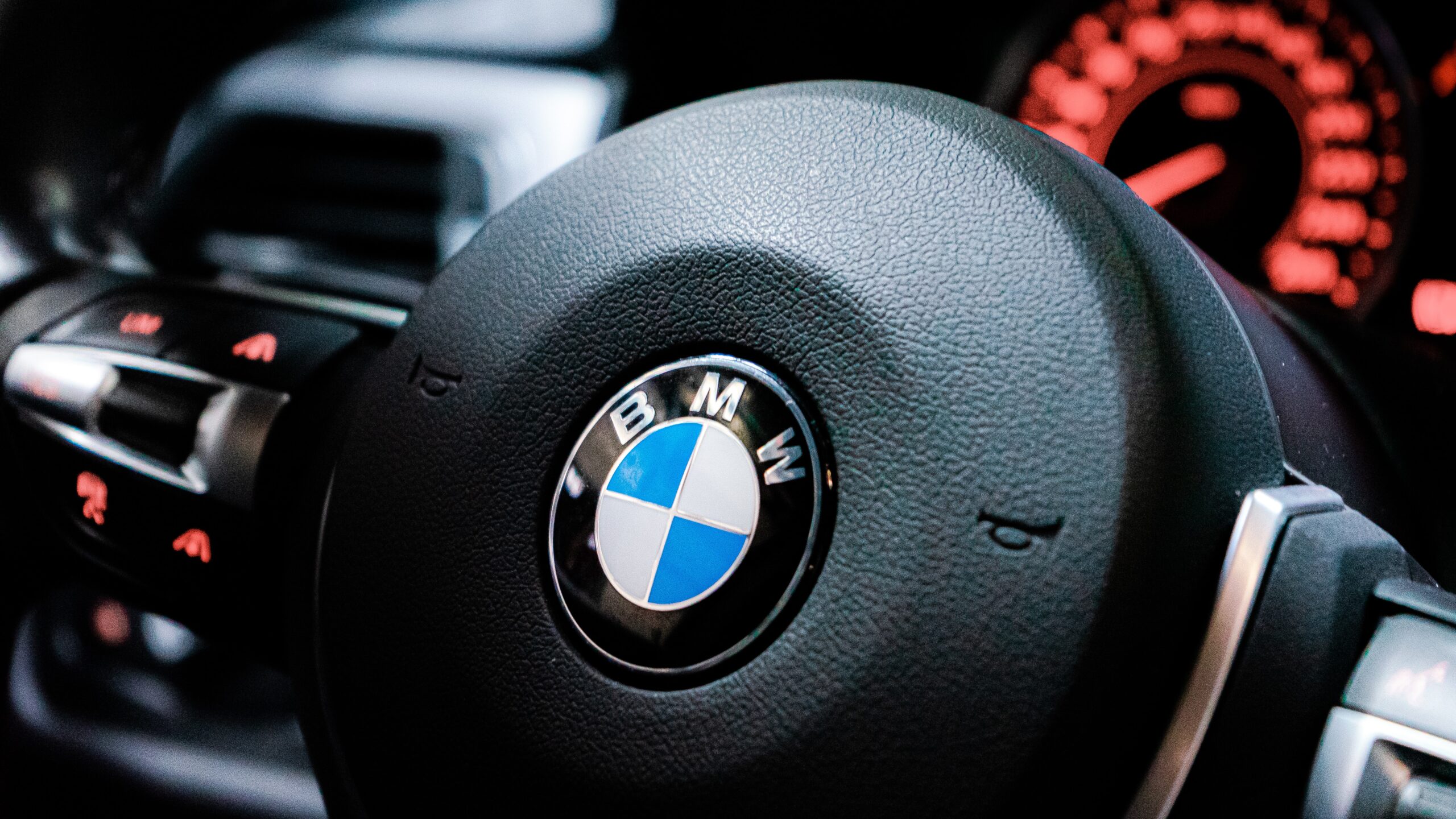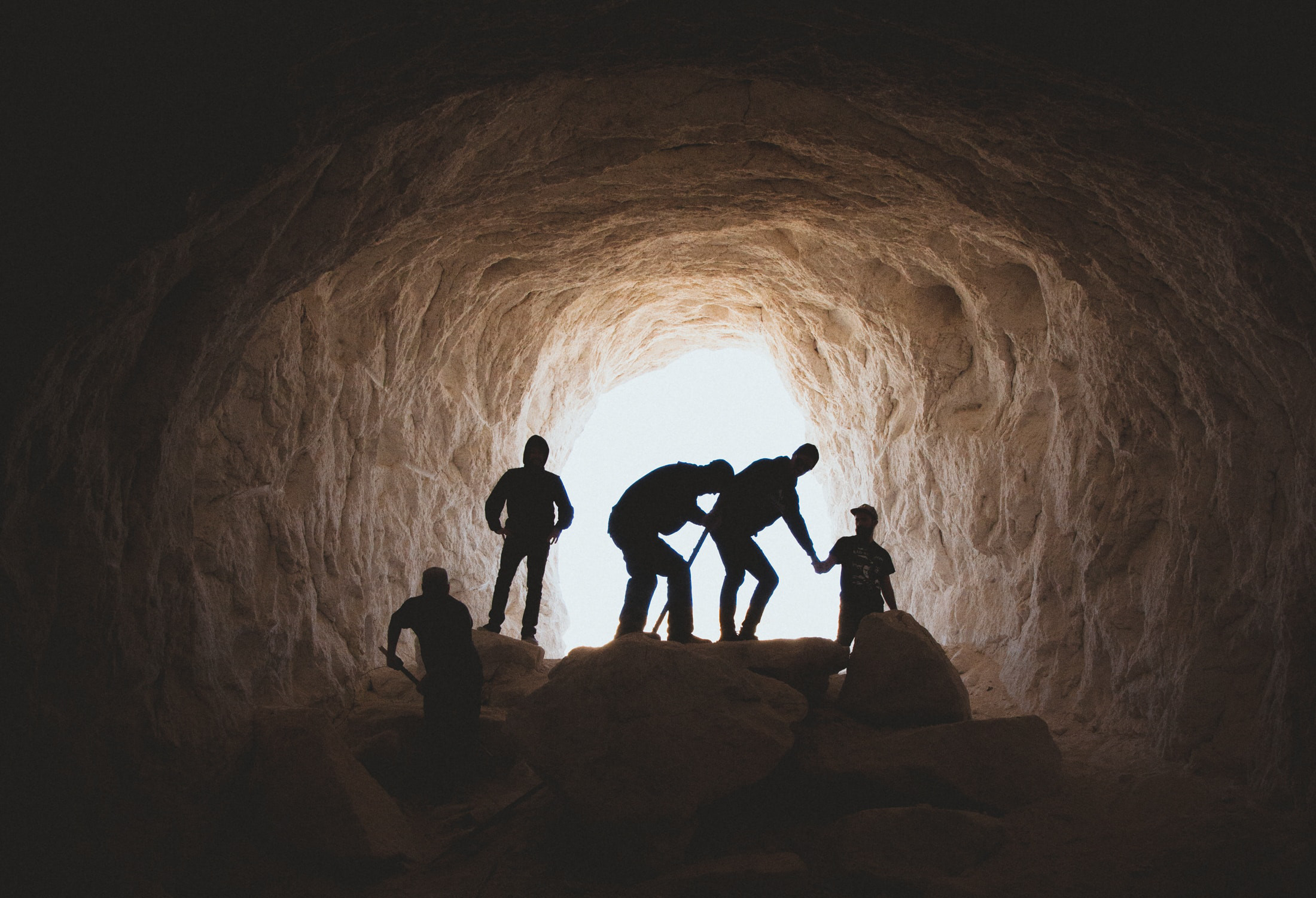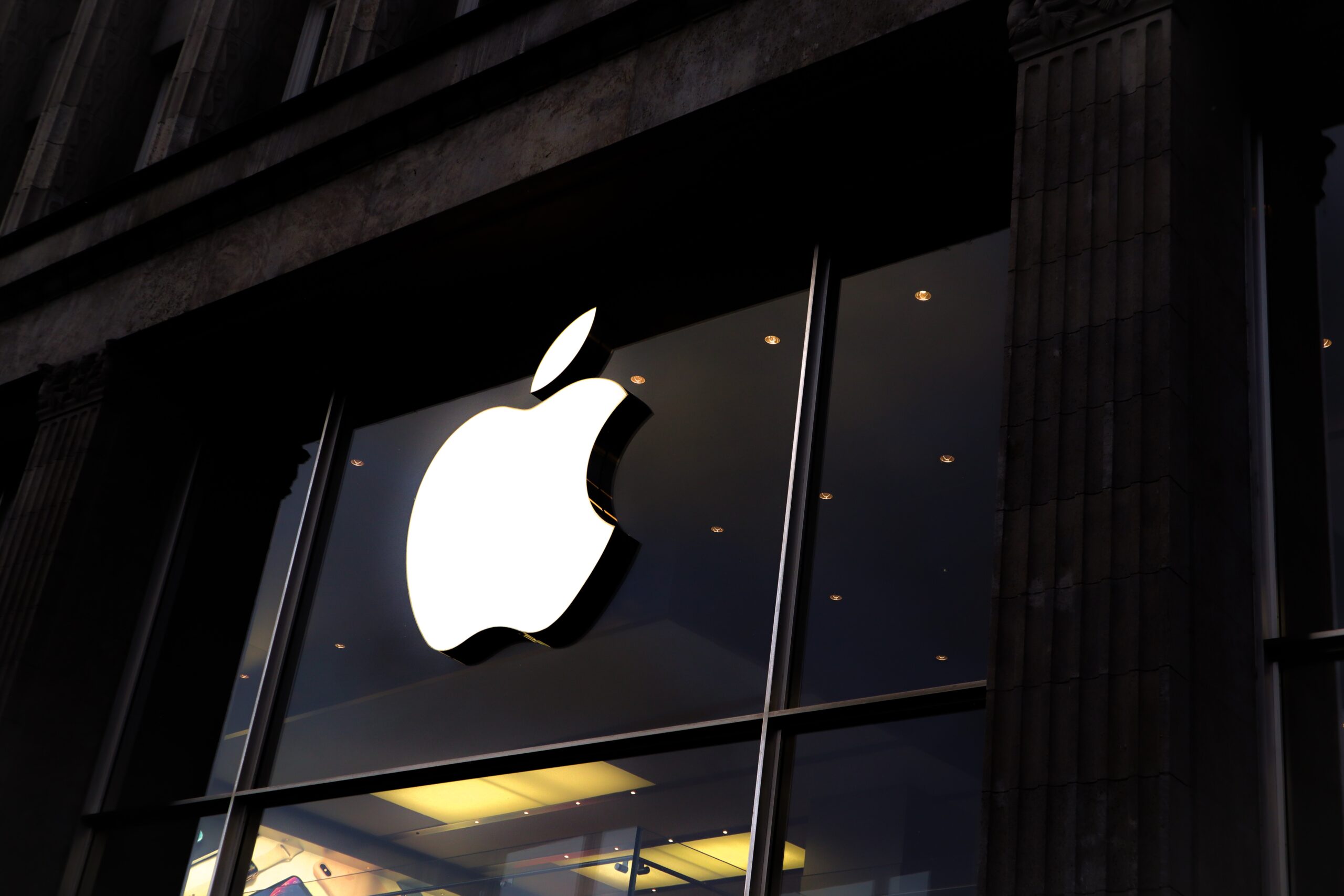In the third millennium BC, Egyptians used the process of fire-setting to break ore. They would start fires against a sheet of rock, then use water to create a thermal shock. Later on, the Romans used aqueducts – a technique known as hushing – to cut through the overburden in search of orebodies.
The industrial revolution spurned new technologies, along with unprecedented demand for minerals. Thanks to pioneers like Alfred Nobel and William Bickford, crude explosions of black powder gave way to dynamite and the modern safety fuse. These were the precedents to digital blasting, which allows operators to break ore with a level of power, precision and safety that could not have been previously imagined.
A new phase of history
In 2020 and beyond, we’re entering a new, high-tech phase of our history – one that increasingly reveals the interconnected nature of the value chain. Social license in particular is a driving force, and BMW has just pushed the accelerator.
The German automotive company, known as a symbol of quality and luxury throughout the world, is the first in its industry to join the Initiative for Responsible Mining Assurance (IRMA). IRMA describes itself as a “precedent-setting global certification program for industrial-scale mine sites.” The organisation’s purpose is to identify and certify responsible sources of ore, and it partners with a wide swath of organisations – including labour unions and community leaders – to make this happen.
BMW’s decision to join IRMA is closely related to a rising demand for rare earth metals used in EV batteries. In the electrification strategy published on its web site, the company projects that electric vehicles will comprise 15-25% of its total sales by 2025. BMW knows that scaling up EV production means increased reliance on suppliers of battery-related metals like lithium, cobalt, copper, and nickel. It also knows there is social conflict around several important deposits (e.g. cobalt in DRC, copper in Peru), as well as an increasing body of research into the environmental challenges of mining lithium.
Aside from joining IRMA, BMW is also part of a pilot project – along with Samsung and others – to improve working conditions in DRC cobalt mines. One of BMW’s board members, Andreas Wendt, said in a statement: “Sustainability is an important aspect of our corporate strategy and we are fully aware of our responsibility in mineral value chains.”
A sign of things to come?
IRMA isn’t the only organisation working to create a more sustainable value chain for minerals – nor is BMW the only automotive company taking action. Another initiative – called the Responsible Sourcing Blockchain Network (RSBN) – is set to launch in the Spring of 2020, and has attracted the likes of Ford, Volkswagen and Volvo. The goal is to create an open-source blockchain platform that tracks the movement of ethically-sourced minerals, so that automotive and electronics companies (and anyone else who relies on minerals) can align with ethical sources in a more transparent way.
At the core of these developments is a shared social and environmental reckoning. Until quite recently, raw minerals and end products were considered distinct. The buyer didn’t much care if a mining company used ancient fire-setting or the latest digital blasting solutions to extract ore, so long as it was quality material at a competitive price.
But as ethical pressures continue to mount, and as production chains become more transparent, it’s becoming obvious that the elevation of values cannot occur in isolation. In terms of accelerating systemic change, iconic brands like BMW can longer afford to be a backseat driver – and that’s good for everyone on the road.






